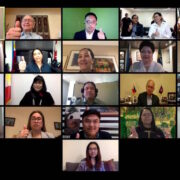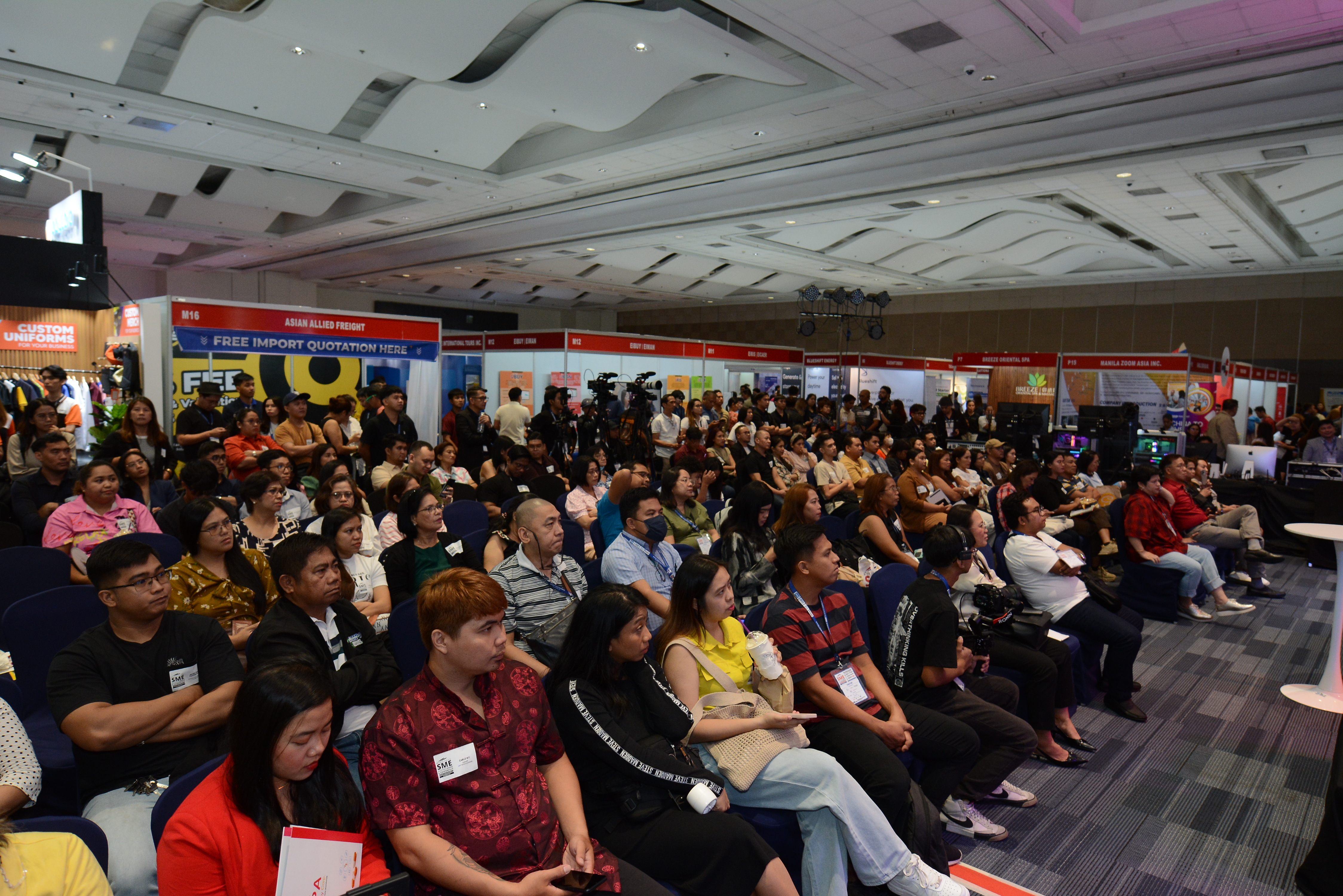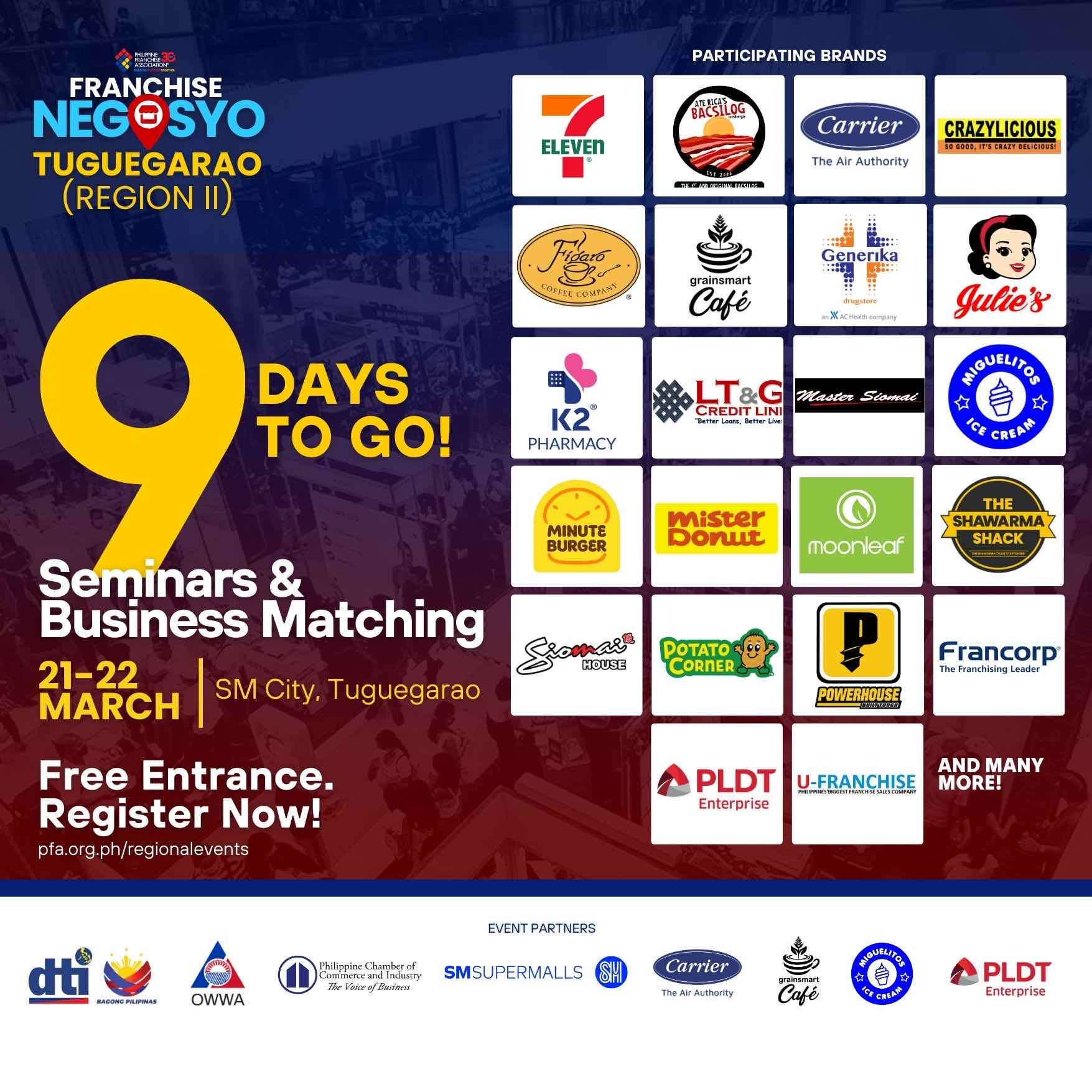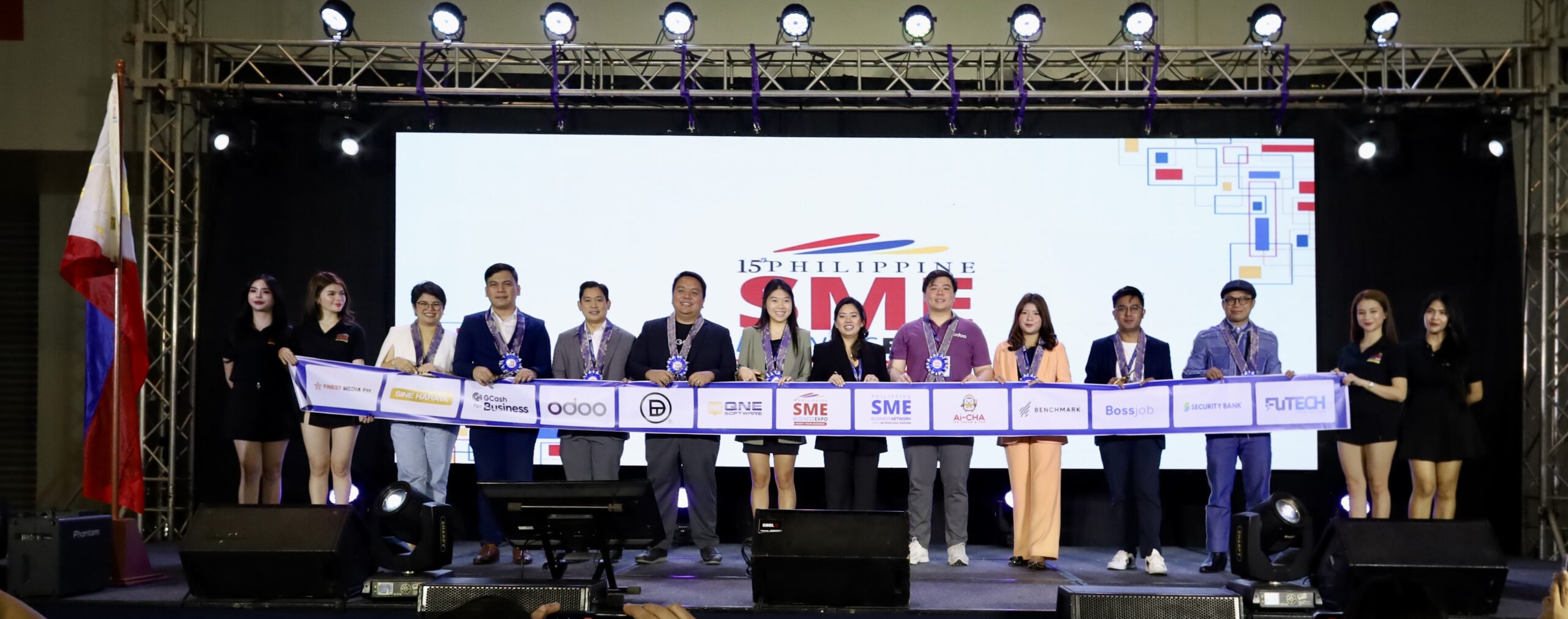“Kabayan, may kabuhayan sa kabukiran!”
Thus, is the theme and pitch of a recent virtual conference, where Agriculture Secretary William Dar asked Overseas Filipino Workers (OFWs) in the United States and the Americas to venture in agriculture, fishery, and agribusiness enterprises should they decide to return home or invest on behalf of their families.
“Indeed, there are lots of livelihood and agribusiness opportunities in the Philippine countryside,” said Secretary Dar, who served as the main speaker at a special ‘webinar,’ themed “Kabayan, May Kabuhayan sa Kabukiran,” on June 17, 2020, organized by the Office of the Philippine Agriculture Attaché, Philippine Embassy, and Philippine Overseas Labor Office in Washington, D.C., USA.
“With the slowdown in the global economy due to the Covid-19 pandemic, the Department of Labor and Employment (DOLE) forecasts that by December 2021, at least one million OFWs will be displaced and will be forced to return home and try their luck here,” said Secretary Dar.
As of May 2020, there were already 323,537 OFWs displaced from their jobs, and a big chunk of them came from the Middle East, according to the DOLE.
For his part, Philippine Ambassador to the USA Jose Manuel Romualdez said “agribusiness in our country is a bright spot for investment.”
“With the DA’s programs to support agribusiness ventures, and Secretary Dar’s responsiveness to arising issues, and openness to modern technology and initiatives to enhance public and private partnership, including with foreign partners, I have no doubt that the country will be able to attract more resources, technological innovations, and partners in the Philippine agribusiness sector,” he added.
Secretary Dar presented during the ‘webinar’ current major DA programs that can support agribusiness ventures that returning OFWs and their families may consider to engage or invest in.

He also shared with the webinar participants other DA support programs like financial assistance, technical and production training, scholarships, livelihood development, and agri-fishery enterprises.
He said among the loan programs implemented by the DA through its Agricultural Credit and Policy Council (ACPC) are:
Expanded SURE-Aid and Recovery Project — for micro and small enterprises, and for marginalized, small farmers and fishers;
Agri-Negosyo or ANYO — for micro and small enterprises; and
Kapital Access for Young Agripreneurs or KAYA — for start-up or existing agri-based projects.
“We wanted these programs properly in place so that we can lure our OFW-returnees to invest in the country and contribute to the growth of the sector,” said Secretary Dar during the ‘webinar,’ organized and moderated by DA Agri Attachè to the USA and the Americas Dr. Josyline Chio Javelosa.
Secretary Dar was joined at the DA office in Quezon City by actor-singer James Reid, who was recently designated as DA food security ambassador, and his team from ‘The Freshest,’ a firm engaged in hydroponics, led by its CEO Ms. Fiona Faulkner. Reid enticed the youth to go into agribusiness.
Dream Agritech, a start-up of millennial professional agriculturists, also gave a presentation on how they can help OFWs develop their ‘dream farms.’ Its founder, Joseph Carl Dakila Olfindo, discussed their services such as customized farm planning, retainer, and monitoring, farm management, and training.
Jim Leandro Cano of 360PH, Dream Agritech’s partner company, also shared virtual tour creation of farms, while Justin Paolo Interno talked about their digital Agmedia services for agricultural extension and capacity building.
“It is refreshing to see more of the youth being seriously interested in agribusiness. It takes a lot of passion and energy, in addition to expertise and capital, among many other factors, in making agribusiness succeed,” said Ambassador Romualdez.
Secretary Dar also reiterated how the youth, given the appropriate support, can meaningfully contribute to rebooting Philippine agriculture.
“Their passion and energy is a crucial contribution to the sector, especially now that majority of our Filipino farmers are already aging,” the DA chief said.
Among those who also joined Ambassador Romualdez and Agri Attachè Javelosa in the virtual conference were the respective Philippine Ambassador to: Argentina – Linglingay Lacanlale; Brazil – Marichu Mauro; Canada – Petronila Garcia; Chile – Ma. Teresita Daza; and Mexico – Demetrio Tuason; and their respective consul generals, foreign service officers, labor officers, trade representatives, and Filipino community constituents.
Several panelists also reacted to the presentations and shared their agribusiness-real experiences in the Philippines, namely: Overseas Welfare Officer in the USA – Josephine Tobia, who has a rice farm in Ilocos Sur; Nelson Duldulao, who returned to Ilocos Norte to tend his farms after working in the USA for 35 years; Roland David, a CPA and financial strategist, who has several farms in the Philippines, while based in New Jersey; and Dr. Joel Cuello of the University of Arizona, who wants to share his expertise on vertical farming together with partners at the De La Salle University in the Philippines.
Originally scheduled for an hour and a half, the webinar was extended for another hour, as Secretary Dar and other DA officials addressed agribusiness issues, including details on how to avail of the DA-ACPC financial assistance.
The other DA officials present were: Undersecretary for Policy and Planning Rodolfo Vicerra, DA Spokesperson, and Asst. Secretary for Strategic Communications Noel Ocampo Reyes, ACPC Director Jocelyn Badiola, and Agricultural Training Institute Asst. Director Rosana Mula.
—
Stay updated with news and information from the Department of Agriculture by visiting their website at https://www.da.gov.ph.






